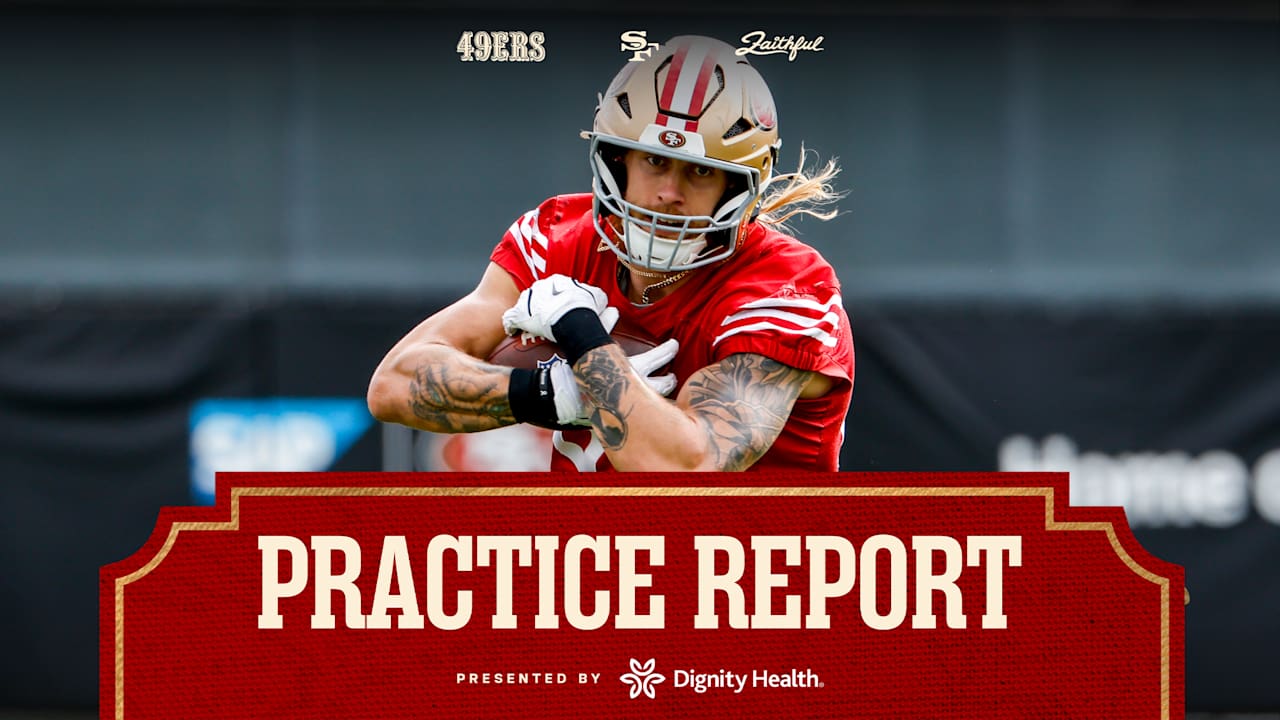DEAR DR. ROACH: I am a 64-year-old male who is a lifelong endurance athlete. For the past 15 years, my primary activities are cycling and swimming. I work out around 10 hours a week now, so it’s nothing really excessive. But I always push myself to the edge of what’s a comfortable pace.
My lifelong cardio exercise enthusiasm has resulted in my pulse being low. My resting pulse is 47-48 bpm, and at times, it will go even lower. Normally this is a sign of good health, but now that I’m older, I wonder if this is too much of a good thing. My blood pressure is not especially low (136/76 mm Hg), and I am in otherwise very good health. Is a low pulse a concern now that I’m a senior citizen? — B.L.
ANSWER: You are exactly right that a slow heart rate in an athlete is normally the sign of a healthy heart. However, you are also right that too slow of a heart rate, especially in older people, can be a problem. The most critical issue is the presence of symptoms.
For many people, the symptoms can be subtle. They notice that they get tired a little more easily, which they will often believe is due to being older. (As a side note, is 64 really a senior citizen? Sixty-four seems younger the older I get.) Lightheadedness, feeling like you are going to faint, and actually fainting are more likely to bring a person to see their doctor to make the diagnosis. This will often bring about a recommendation to treat the slow heart rate.
For an athlete like you, another critical issue is your heart’s ability to exercise at a high level. You probably know what your times are for cycling and swimming, and if you find that you aren’t able to meet these times with the same effort, this could be a sign that your heart is affected.
When the pulse is very low, in the low 30s or slower, most experts will recommend treatment even if a person isn’t noticing symptoms. It’s likely they will feel better after treatment (which is almost always a permanent pacemaker) and only realize afterward how affected they really were.
So, if you aren’t having symptoms and are performing near your usual level, I wouldn’t worry too much, and I don’t recommend that you reduce your exercise. An electrocardiogram (EKG) to be sure that there is not something else going on (like heart block), as well as thyroid blood tests, would probably be prudent.
DEAR DR. ROACH: How often should adults get a tetanus booster? — A.T.B.
ANSWER: Adults who completed the primary series for tetanus and diphtheria should get a booster dose every 10 years. For a person who has a minor wound without contamination from dirt, they should only get the vaccine if they had it more than 10 years ago or if it is unknown whether they had the complete series.
A person with a tetanus-prone wound, or any wound that isn’t both minor and clean, should get a tetanus booster if they haven’t had one in five years, as long as they completed the primary series. People who are not known to have had the primary vaccine get both a tetanus booster and human tetanus immune globulin.
I can’t emphasize enough how important it is to be up-to-date with your tetanus vaccine. Tetanus is often called the “unforgivable” disease because it is much better to prevent than it is to treat. In a country with a working health care system, nobody should get tetanus.
In adults, tetanus is combined with diphtheria (“Td”) or with diphtheria and pertussis (“Tdap”).
Dr. Roach regrets that he is unable to answer individual letters, but will incorporate them in the column whenever possible. Readers may email questions to ToYourGoodHealth@med.cornell.edu or send mail to 628 Virginia Dr., Orlando, FL 32803.
(c) 2022 North America Syndicate Inc.
All Rights Reserved
If you purchase a product or register for an account through a link on our site, we may receive compensation. By using this site, you consent to our User Agreement and agree that your clicks, interactions, and personal information may be collected, recorded, and/or stored by us and social media and other third-party partners in accordance with our Privacy Policy.
Source link


/Tesla%20Inc%20tesla%20by-%20Iv-olga%20via%20Shutterstock.jpg)